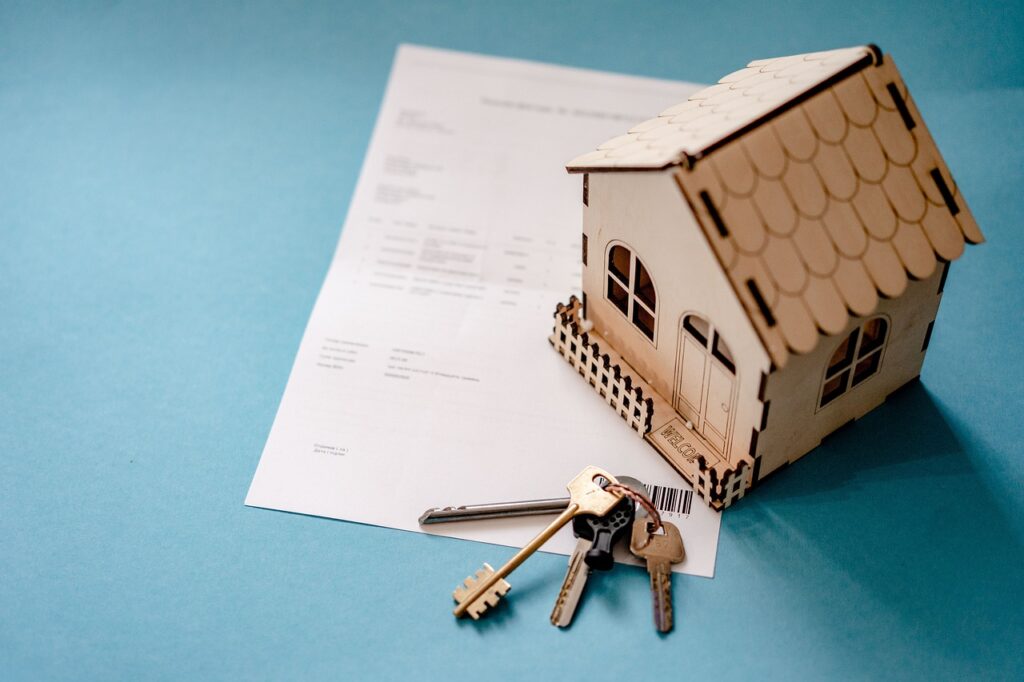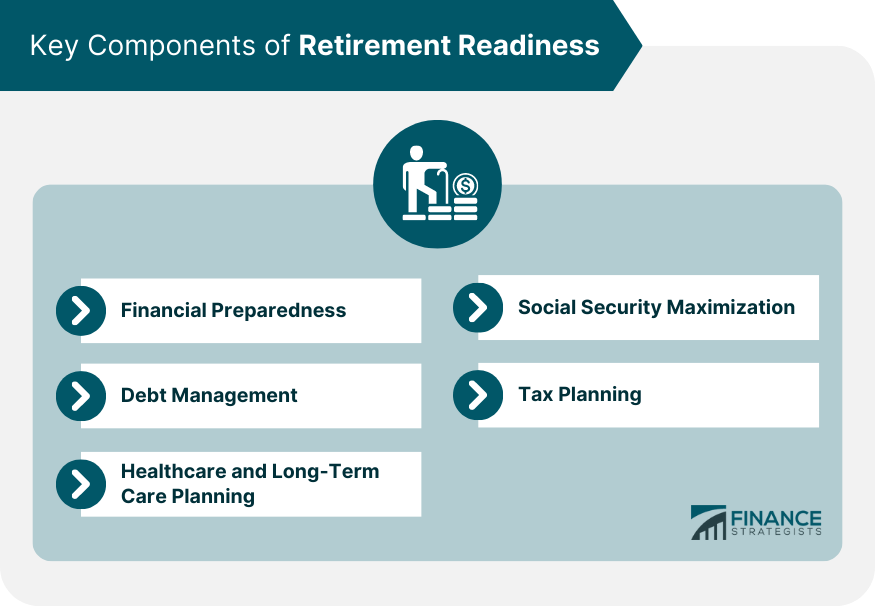
Starting positive right away? It’s not the worst moment ever to get a house. Do you feel better about this? We absolutely do understand that feeling. The homeownership path feels overwhelming sometimes while holding student debt. Maybe owning a house just seems impossible for now. Seeing those loan totals makes many question if they will ever own a home. This fear is definitely a real one shared widely now.
Buying a home with student loans seems tough, like walking through a thick fog, for many people, but good planning makes the way clear. You must get ready carefully, first understanding how banks see your money matters. Be active in getting a mortgage ready; it isn’t about perfect market timing so much. Just be ready when opportunity does come for you.
Getting the best mortgage terms is very important; focus on that low interest rate, especially. A small rate cut saves big money later on; start checking your own finances now. Learn what money numbers banks want to see and be thoughtful when seeking home loan money too. Like building a strong money foundation before buying.
Your debt-to-income ratio really matters; banks check this. This number tells the percent of income for debt student loans that are counted in that amount too. Major banks usually want DTI under 36 percent. A higher DTI may be okay sometimes, up to 50%, but a lower DTI makes your loan request stronger. Gives you some extra money space each month.
Figure DTI means adding your monthly debt. Include the estimated mortgage payment there; taxes and home insurance costs are added too. Also list your car loans now. Credit card minimums go in this list. Student loan payments? Yes, add those.
Any support payments need to be included. Don’t count utilities or food costs, though, or phone bills not included in this. Daily living money stays out of DTI math.
Lenders look at student loans in different ways. How they count it depends on your loan state. Paying loans normally, they use that real amount; that part is most simple for everyone. Loans in deferment or zero payment IDR is different; banks might guess a payment, you see. This guess is based on the total money owed; even if you pay nothing now, they guess it.

FHA loans have specific rules for this debt. If you owe $100k but aren’t paying, the lender might add $500 a month for DTI. That is 0.5 percent of your balance. This can happen even with no payment due. That estimated cost cuts how much home loan you qualify for.
It might limit house price or approval chance. Other mortgage types have different rules, you know. Conventional loans allow higher DTI sometimes. Especially for those with very good credit history.
VA loans for vets keep DTI lower, often 41 percent. USDA loans are also careful about DTI and money limits. Choosing the right loan program is super key for you.
Your credit score matters big too for loans. Banks see risk and set rates by this number. Good history and high scores get lower rates. This saves serious money over many years.

A low score means more risk for the lender; that means terms are not so good for you. Rates get higher with lower scores; often getting 670 or more helps rates get better. High-risk borrowers normally get higher rates.
Minimum scores change with loan kinds. Conventional often needs a 620 score minimum. FHA loans you get maybe with 580. VA loan lenders want a 620 score even if there is no official minimum. The average score for new loans recently was 772.
History of paying student loans affects your credit score. How you pay is the largest part of your FICO score; always pay bills on time. This includes student loans. This is needed for building good credit for yourself.
Not paying can wreck your score very badly. A missed mark stays there for up to seven years; this hurts your score and loan chances too. Paying loans well over years helps build credit. It shows handling money is something you do. So pay student loans on time before applying for a mortgage.
Saving money is an important step for home buying. It’s hard balancing savings with student loans. Much of your savings goes to the down payment. Some loans need only a small down payment, like 3 percent, but a bigger down payment means borrowing less money.
Lowers your monthly house payment, and also less interest is paid over time then. Try for 20 percent down if you can; this avoids private mortgage insurance, or PMI, fees. VA and USDA loans offer zero down sometimes.
The average down payment was 14.5 percent; lately that equals about $30,300 on average. Having emergency money aside from the down payment shows banks you are financially steady too. Gives a safety net for house cost surprises.
After fixing your money, things are ready. DTI is better, the credit score looks good now, and savings are built up. This is important work. Now is the time to talk to the mortgage lenders.
Shopping around is super useful here now that it finds the best rates and loan terms for you. Don’t just take the first offer they give you; research shows looking around helps many.
More than half only get one loan preapproval; this limits their chance to get a better deal. Zillow says 45 percent of new buyers compared and got a better interest rate because of it.
Comparing rates is more than just interest numbers. Look at the Annual Percentage Rate, or APR, too. APR includes interest and fees, or points. It gives a fuller picture of cost each year. Read lender websites carefully to see how they set rates.
You’ve got ways to apply for a home loan. Directly with online lenders is one option, or use traditional local banks too. Online places may offer lower rates and fees due to not having big office costs, maybe.

Working with a mortgage broker is also a path. Brokers see many loan products from places they help find rates that fit what you’ve’ve got. Using a brokerer doesn’t promise savings always,, but it is a useful way ofay of looking at many options.
Applying to to multiple lenders fast doesn’t hurt credit. Applications in about 45 days aree like one check.
See how current rates change your payments. This helps for budgeting your monthly money and and lets you set expectations that areat are realistic. Use a calculator with the estimatedated loan amount and and pick the loan type you expect, like a 30-30-year fixed.d. Put in the loan term length you want, and, and it shows the monthlythly principal and interest payment.
With a a $425k loan, a 30-30-year fixed is the examplemple given. Payment is $2281 at a a 5 percent rate;; roughly at a a 6 percent rate,, it is about $2548 monthly. Payment goes to $2828 with a 7 percent rate;; if the raterate is 8 percent, payment hits $3119. These show how much rate affects your payment. Getting a low rate is financially best, you know.
Big market things affect mortgage rates too. Federal Reserve policy influences rates in some way; the central bank does not set mortgage rates directly. Changing their target rate affects borrowing costs; this then influences mortgage rates for homes. Lender costs play a part in rates too; banks with many offices might charge rates higher. Online lenders may have lower costs, so lower rates. Your personal credit score remains very important. Lenders use it to decide the rate they offer you.
Should you time buying based on future rates? Experts have different ideas about where rates will go. Some think rates stay high for a while, then maybe drop slowly a little later, you see.

Others feel rates stay steady near term now. Due to things like inflation and future rules, some experts say rates might go down a little. If inflation calms and the Fed cuts rates some, most agree the drop will be slow and not a big help soon.
Forbes Advisor feels a slow drop into 2025 is probable. Uncertainty exists with tariffs and the Fed being careful. If rates do drop later, think about refinancing. Talk to a loan person if your current rate is high; don’t make fast choices for tiny rate drops, though. Maybe buy discount points upfront, getting a lower rate now.
Knowing market stuff is helpful for buying, but whether it’s a good time is about you personally. Think of your own money and life situation first; buying a home is a longer-term investment. Need a long view, not just a short look, you know. Job is secure. Can you move later? needs asking. Big life goals are part of this decision also.
Trying to time the market for rate drops has risks. Waiting for a recession could mean lower rates, true, but more people wanting houses could raise prices then. Experts say buy when loan terms feel right for you. Do this instead of predicting market ups and downs.
Locking a rate is a short agreement only. Usually 30 to 60 days it is valid for; it is just confirming you like the rate on paper.

Buying a home with student loans is hard now. Many Americans face this big challenge, you see: juggling loan balances and saving is a tough goal. Qualifying for a mortgage seems far away for millions.
One reader paid a lot and used forbearance help. Still faces a very big debt burden, you know, which shows financial tightrope walking is real for people.
Another reader felt very frustrated. Paid back more than the original borrowed amount but still owes more in total because of high rates. Debt really impacts this current generation, he thinks. These stories show student loan debt persists and hits savings, borrowing, and home planning hard.
Planning your student loans fits with home buying. Put it all together for your plan; maybe pay off aggressive, high-interest private loans first. Like one reader is doing right now, or focus on just always paying on time. This helps build a credit score much higher.
You must calculate your DTI well and exactly. Understand how lenders see your specific loan status, especially if you are not paying normally at the moment. Find which loan type is best for what you’ve got.
Saving steadily for a down payment gets more vital. Building an emergency fund is super critical also when you are balancing student loan obligations this way.
Student loan debt makes home buying tricky. It affects your DTI score and saving money capacity, but it is not an impossible wall you cannot pass. Understand how home lenders see your loans and carefully focus on improving your own money metrics you’ve got. Shop around, find the best mortgage loan terms, and for sure decide to buy based on your income and life goals now. Don’t try timing the market; you cannot predict that doing these things boosts your chances of buying a home lot. The path is hard; nobody denies this fact. With good planning and money discipline, you can do it and make smart choices along the way too. Owning a home with student debt is still possible for lots of people.
Related posts:
Compare Today’s Mortgage Rates
2025 housing market: Is it a good time to buy a house?
Do student loans affect home buying? Everything you need to consider





